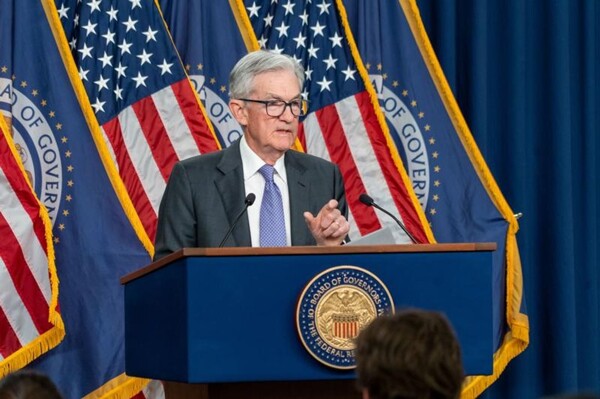
Last January, META owner Mark Zuckerberg stated that fact-checking conducted by specialized agencies on the company's platforms, such as WhatsApp, Facebook, and Instagram, would come to an end. This policy will be replaced by 'Community Notes' in the coming months in the United States.
To understand how Latin Americans perceive false or suspicious content online and how this affects their digital behavior, a detailed study has been conducted. According to the results, a significant number of users in Latin America have been exposed to unverified information, which has influenced their online decisions and beliefs.
The presence of false content on digital platforms has generated distrust and skepticism among Latin American users. Many are cautious when interacting with certain content due to the prevalence of fake news and misinformation. This has led to a change in the attitude of online users, who now tend to question the veracity of the information they find on the web.
In the words of a digital technology expert: "The spread of false or suspicious content on the Internet has had a significant impact on the behavior of Latin Americans in the digital environment. It is crucial to promote education and awareness about the importance of verifying information before sharing or believing it."
This study highlights the need to develop effective strategies to combat misinformation online and to foster a culture of fact-checking among Latin American users. The spread of false content represents a significant challenge in today's digital age and requires the collaboration of governments, tech companies, and society as a whole.














